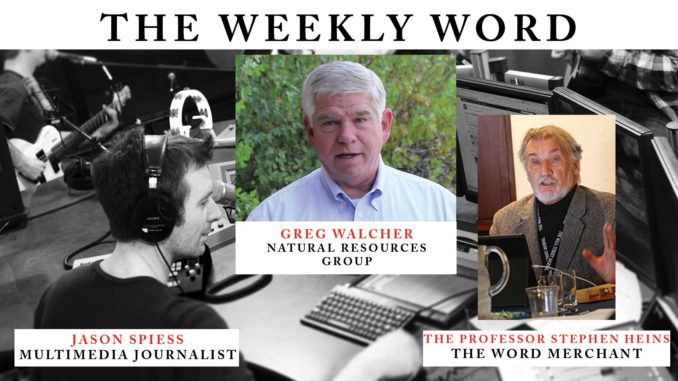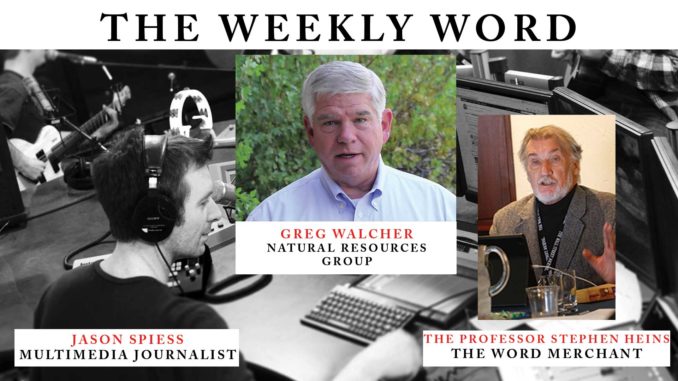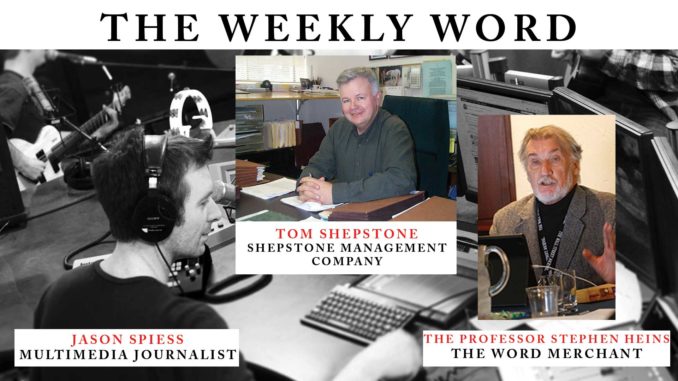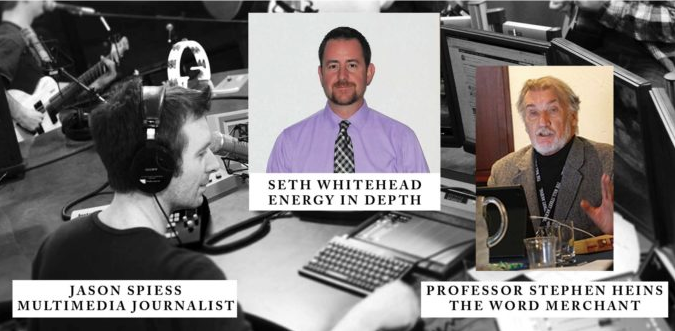The Weekly Word: EPA overreach, coal and clean tech
Sterling Burnett, Ph.D, a senior fellow on environmental policy and the Managing Editor of the Environmental & Climate News at the Heartland Institute, joined Jason Spiess and Stephen Heins on the Weekly Word.
After hearing Burnett’s introduction, Spiess was particularly impressed by the fact the Heartland reports environmental news from a clear-eyed business point of view.
To begin, Spiess asked Burnett about the Heartland’s position on coal. Burnett used that opportunity to talk about all energy which makes “economic sense.” He thought that coal, arguably America’s largest source of energy, should still be apart of national and international energy choices.
While discussing the over-politicization of energy and the environment, Heins mentioned that he is has been calling for full disclosure from all parties (the public, private and NGO sectors) involved in each individual study and report used by the government for science or health data. Burnett thought there might be another way to prevent anyone from using these reports and studies, without providing for public reviewing. Burnett suggested why not prohibit the use any of study or report not giving access to the original data.
Burnett went on to say that all sources of energies should judge by its availability, reliability, and least expensive to use. In addition, Heins talked about the technology risk involved in the purchase new technology for renewables, as the speed of development and new technology may make renewables unusable within a short period of time with a long-term investment cycle.
While discussing the new EPA, Heins thinks that Scott Pruitt is the right man to untangle and depoliticized the agency, plus get the EPA’s required paperwork and EPA environmental permits caught up to date. Burnett expressed his doubts, if only because some Agency civil servants may give some push back to any new initiative.
Burnett clearly didn’t like the overreach of the late Clean Power Plan (neither did Spiess or Heins), nor did he like the determination of CO2 being given a pollutant designation through the Endangered Species Act. Heins reminded Spiess and Burnett that the EPA is not rolling back the environmental law because legally the “executive orders” of the previous administration (if not declared constitutional) need not be enforced by a new “executive.”
Spiess, Heins, and Burnett agreed that keeping developing countries from reliable electricity, health care, modern hospitals, education, prosperity and good sanitation can’t be philosophical or moral, for that matter.
All three agreed that anti-fossil fuel and anti-infrastructure movement is really a no-growth strategy with little concern for continuing economic development, improving health care, technology investments and reducing the overall emissions on the planet.
Interview: Sterling Burnett, Heartland Institute; Stephen Heins, Word Merchant and Jason Spiess, The Crude Life.






